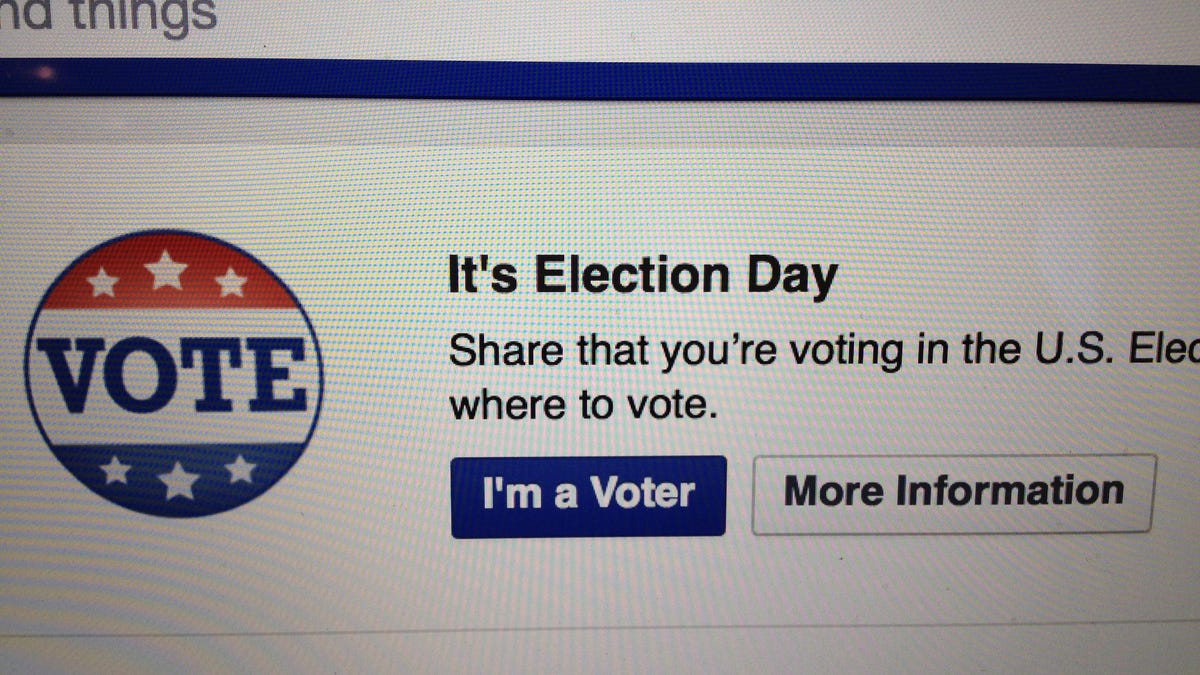Zuckerberg: Facebook will crack down on fake news
The Facebook CEO uses a post to defend the social network's role in last week's US election.

Facebook's role in the 2016 election has been controversial.
In case you missed it the first time, Mark Zuckerberg is once again defending the role Facebook played in the presidential election.
The social network's chief executive responded Sunday to accusations that Facebook promoted news bias that hurt Hillary Clinton and helped Donald Trump in the presidential election campaign. Examples include a fake story about an FBI agent associated with Clinton's email leaks being found dead in a murder suicide and another fake story about the Pope endorsing Trump.
Zuckerberg expanded on points he made at a tech conference last week in a Facebook post Sunday about a "historic election" that has been "very painful for many people." It wasn't just the election that was historic, though. The role that social media played was unprecedented.
Trump, who won an unexpected victory last week against Clinton, has hailed the influence of social media in the election because it enabled him to speak directly to millions of people. Trump estimated in a "60 Minutes" interview, which aired Sunday, that he has about 28 million followers across all the social media platforms. "I find it tremendous. It's a modern form of communication. There should be nothing we should be ashamed of," he said.
Zuckerberg acknowledged that Facebook has work to do when it comes to identifying fake news. "We have made progress, and we will continue to work on this to improve further," he said.
More than 99 percent of content on Facebook is authentic, Zuckerberg said in his post, and the 1 percent is rarely political or biased in a particular way. Facebook already enables users to flag stories that aren't true and is looking for more ways that it can harness the community to prevent false news from spreading.
The social network must be careful though to ensure it isn't overstepping its boundaries when it comes to freedom of speech, though, Zuckerberg said.
"I am confident we can find ways for our community to tell us what content is most meaningful," he said, "but I believe we must be extremely cautious about becoming arbiters of truth ourselves."

